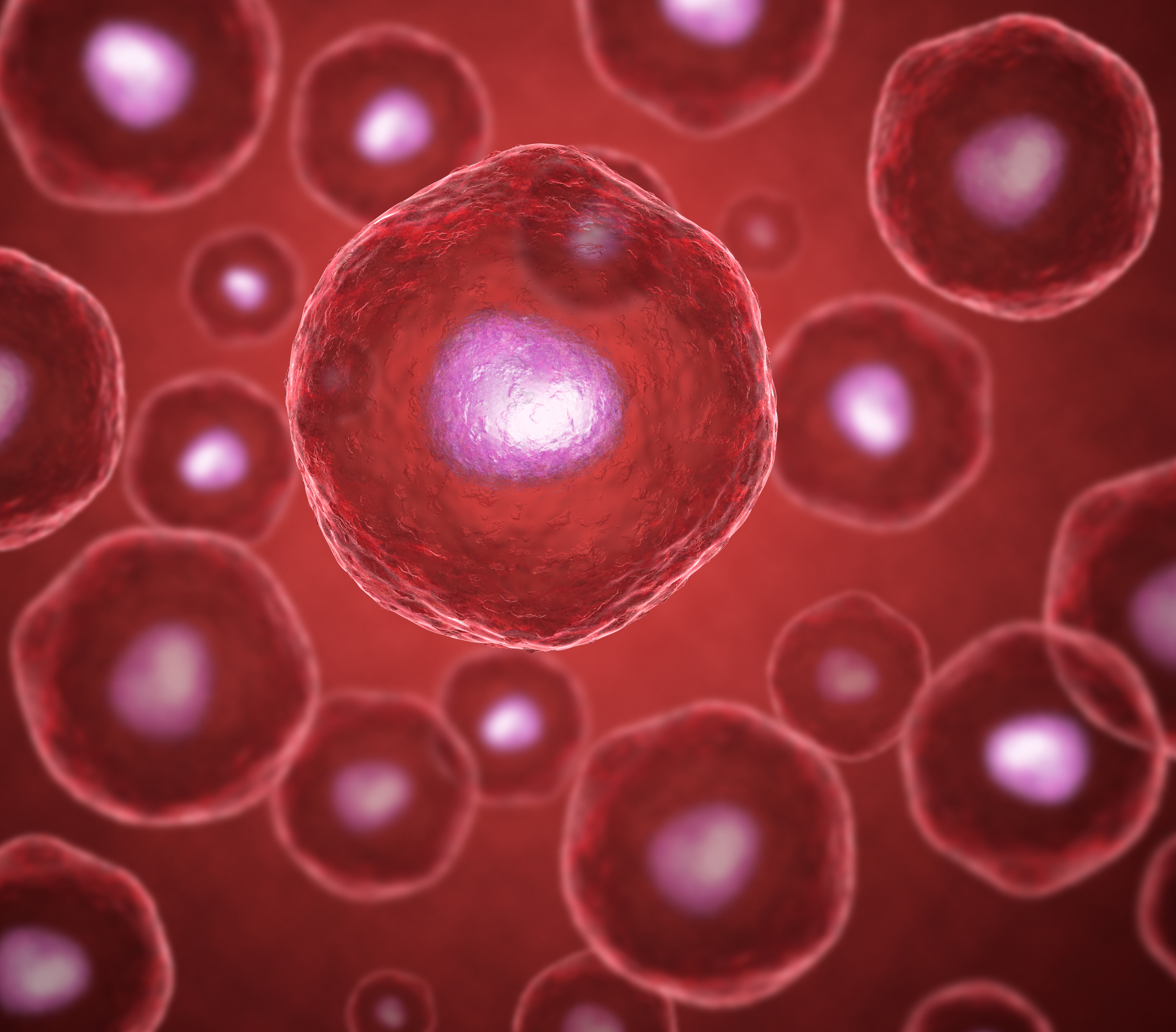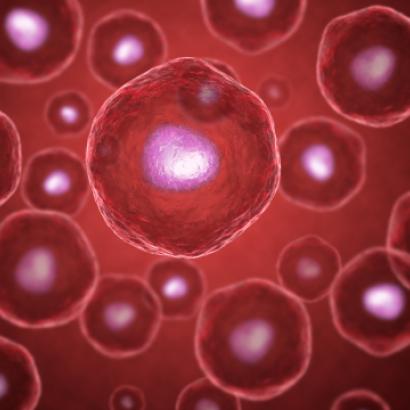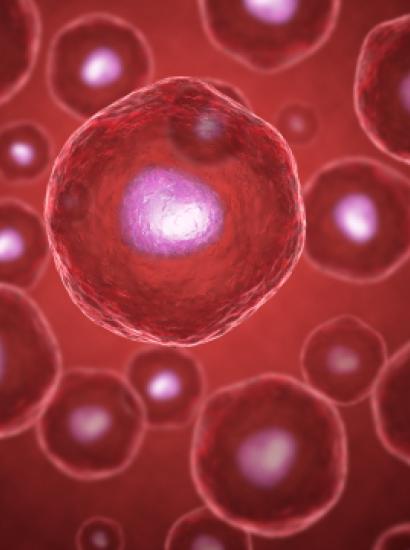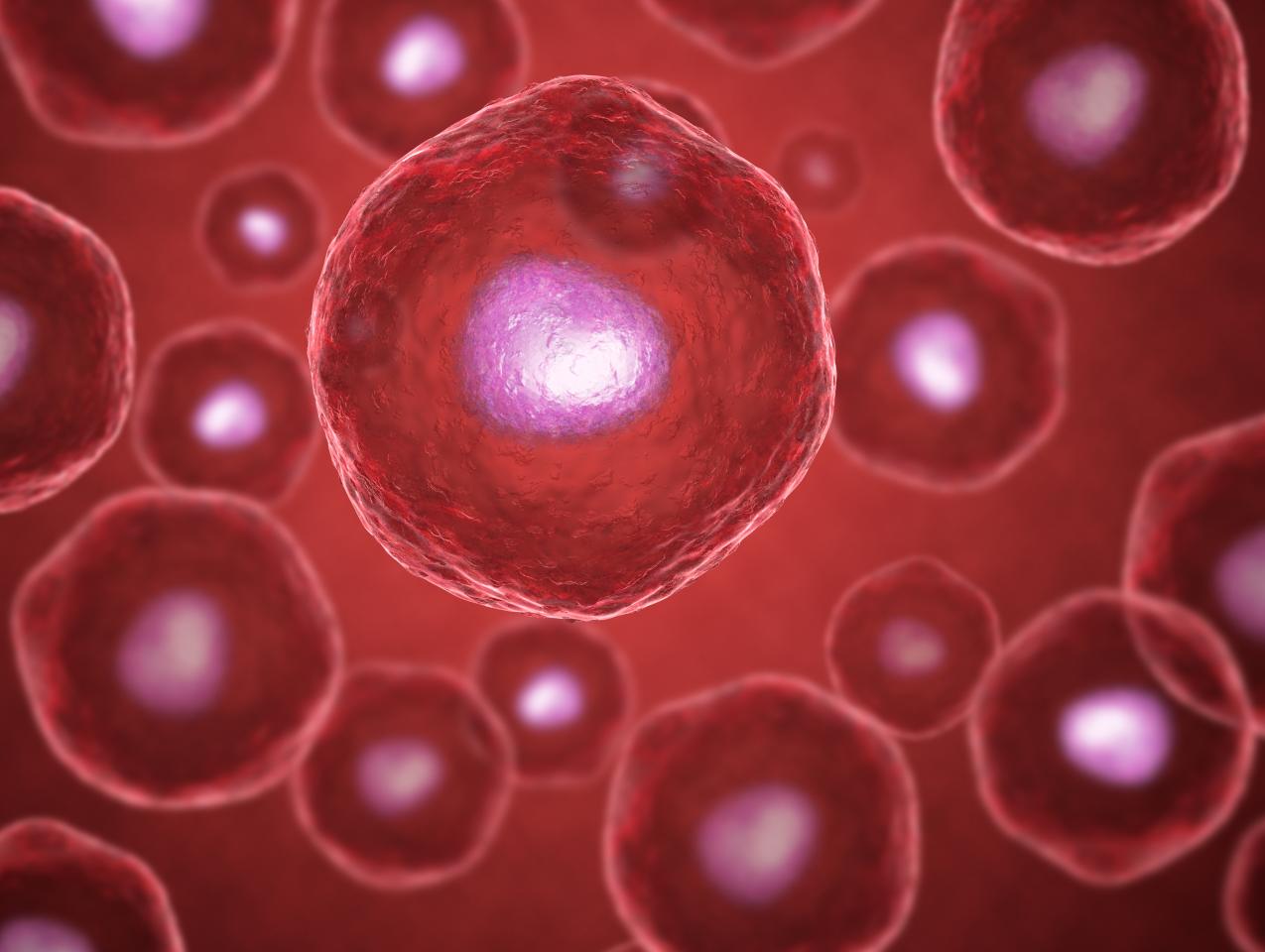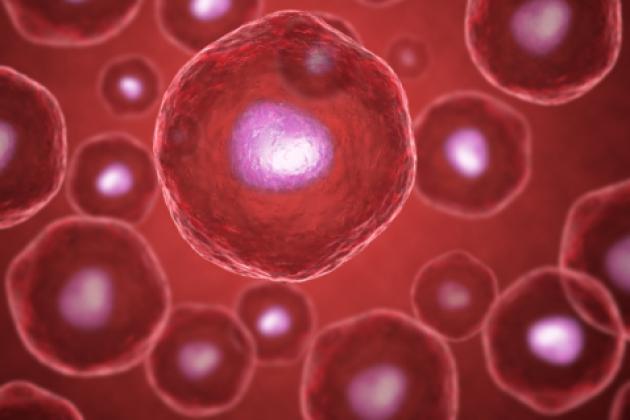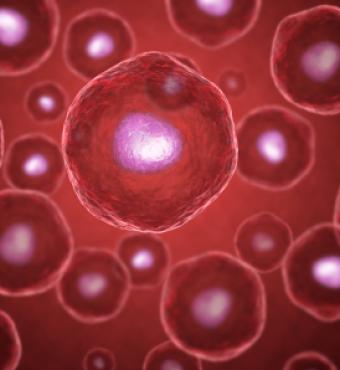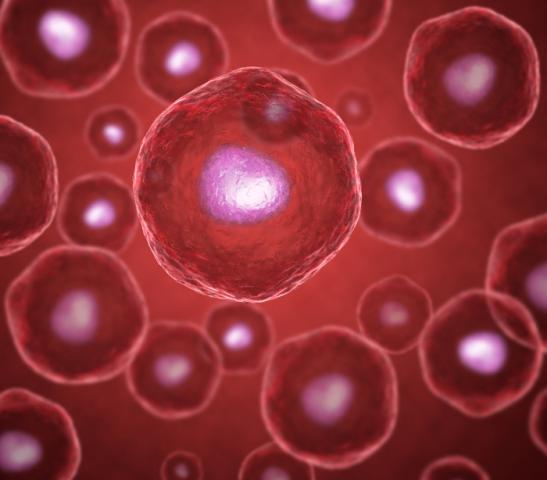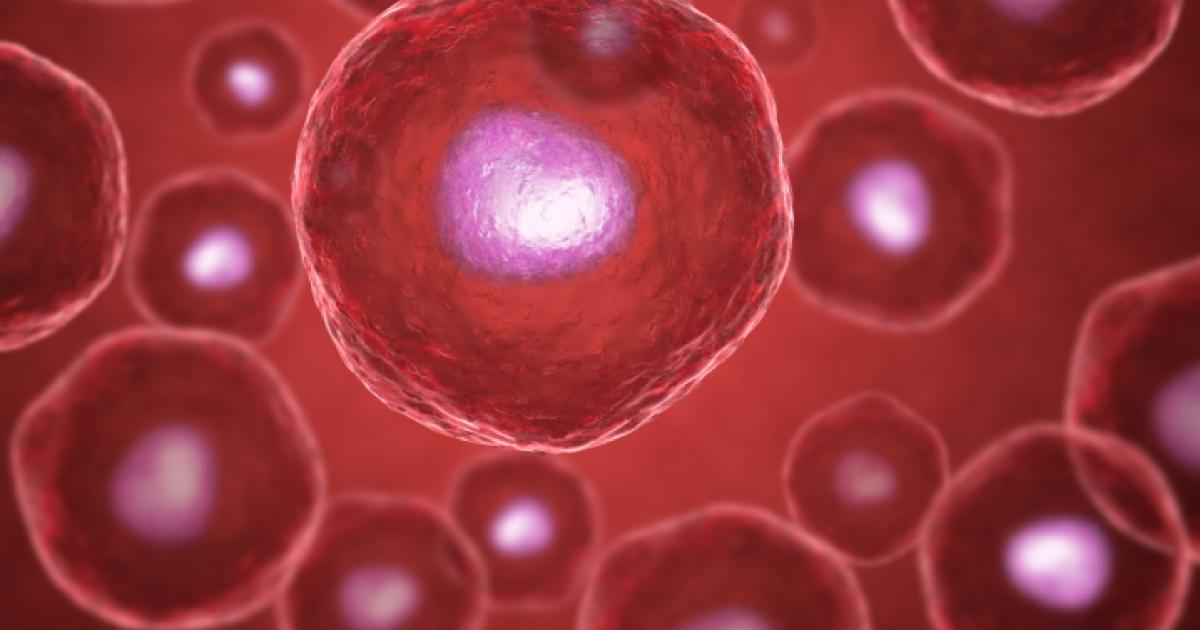- Energy & Environment
- Science & Technology
- Health Care
Unaccustomed as I am to disagreeing with David Baltimore, my professor of virology at M.I.T. (in 1969), he and Paul Berg seem not to have considered all the ramifications of a moratorium on germ-line modification of genes in humans (“Let’s Hit ‘Pause’ Before Altering Humankind,” op-ed, April 9).
Drs. Baltimore and Berg are correct that only in somewhat rare circumstances are germ-line alterations the only way to avoid passing a deleterious gene from parents to offspring, but I would argue that those situations are the exceptions that prove the rule. Consider, for example, the debilitating and ultimately lethal sickle-cell anemia.
In genetics terms, sickle-cell anemia is an autosomal recessive disease, which means that a patient inherits a defective hemoglobin gene from both parents, so every one of his or her chromosomes carries a defective gene. That gene bears a mutation in a very discrete building block of DNA, which in turn gives rise to a single amino-acid substitution in one of the protein chains of hemoglobin.
Sickle-cell disease is the most common inherited blood disorder in the U.S., affecting 70,000 to 80,000 Americans. What is particularly significant is that 100% of the offspring of two patients with sickle-cell disease will be afflicted with the disease. And given that the repair of this sort of molecular lesion has been performed successfully in animals for decades and has become even easier and more reliable with highly precise gene-editing techniques such as CRISPR/Cas9 (which Drs. Baltimore and Berg mention), shouldn’t 21st-century medicine offer the possibility of repairing embryos that will become patients with sickle-cell disease and eliminate the disease from future generations?
We don’t need a moratorium. We need to push the frontiers of medicine to cure more patients.







